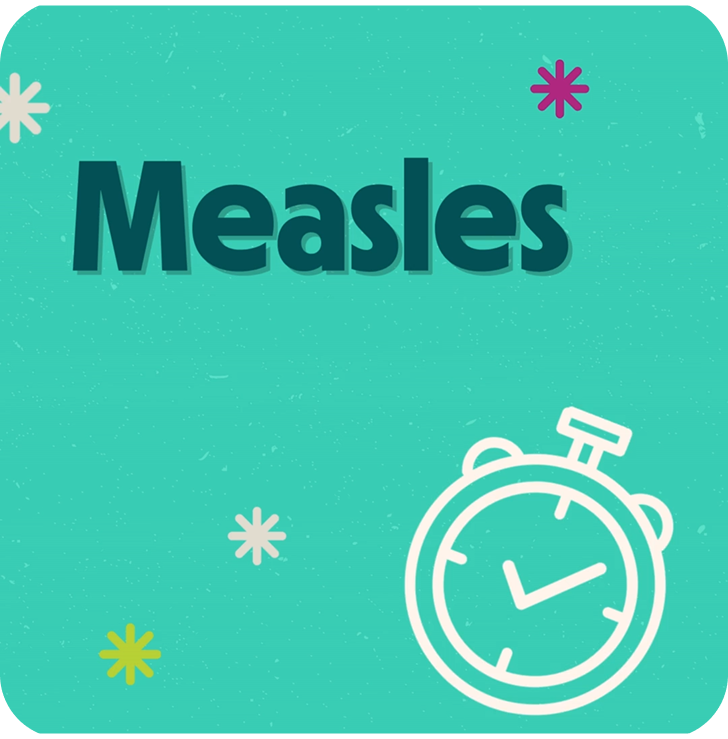How do I protect my family?
The best way to prevent measles is by getting the MMR vaccine, which protects against measles, mumps, and rubella. Children should get their first dose at 12-15 months and a second dose at 4-6 years.
The vaccine is safe and works well. One dose is 93 percent effective, and two doses are 97 percent effective. When more people are vaccinated, we protect the babies who are too young for the vaccine and others who are more vulnerable.


